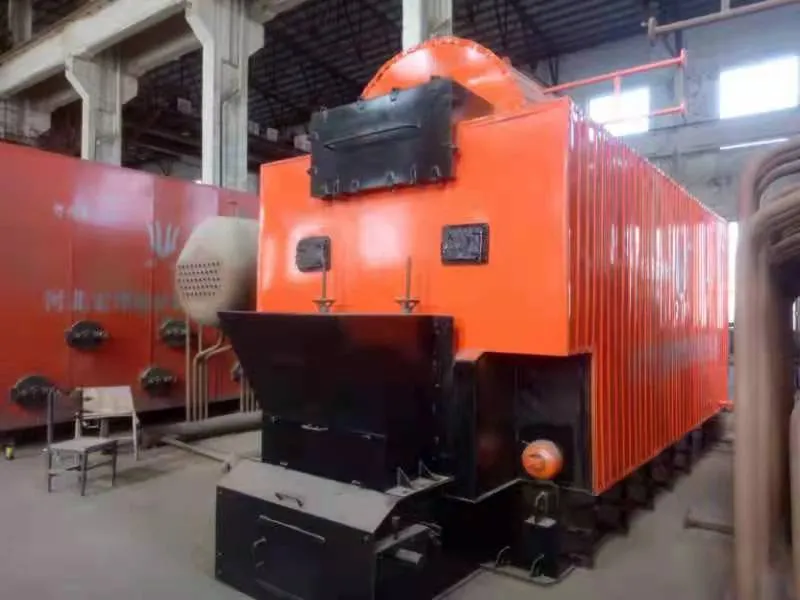
Nov . 04, 2024 04:26 Back to list
how to fix the boiler for hot water
How to Fix the Boiler for Hot Water
When your boiler fails to provide hot water, it can be frustrating and inconvenient. Fortunately, many common boiler problems can be resolved without the need for a professional technician. Here’s a guide to troubleshooting and fixing your boiler to restore the hot water supply.
1. Check the Power Supply
The first step is to ensure that your boiler is receiving power. Check if the power switch is turned on, and inspect the circuit breaker to see if it has tripped. If it has, reset it and check if the boiler starts functioning. If the power supply is intact but the boiler is still unresponsive, it may require further investigation, possibly involving electrical components.
2. Examine the Thermostat Settings
Sometimes, the issue may stem from incorrect thermostat settings. Ensure that the thermostat is set to a higher temperature than the current water temperature. Also, check if there are any programming issues if your thermostat is digital. If it's malfunctioning, it may need recalibration or replacement.
3. Inspect the Pressure Gauge
Boilers need to operate at a specific pressure. Typically, the ideal pressure reading is between 1 to 1.5 bar. If the pressure is too low, the boiler may not heat water adequately. You can increase the pressure by locating the filling loop and adding water until the desired pressure is reached. Avoid going above 2 bar, as this may cause the boiler to shut down or even lead to damage.
how to fix the boiler for hot water

If your boiler is functioning but you still have cold spots in your hot water supply, it might be due to trapped air in the radiators. Use a radiator key to bleed the radiators, allowing any trapped air to escape. This can help restore efficient heating and improve the overall performance of your central heating system.
5. Check for Leaks
Leaks can significantly affect your boiler's efficiency. Regularly inspect the boiler and the surrounding pipes for any signs of leaks. If you find any, it’s crucial to address them promptly. Minor leaks can sometimes be fixed with tape or seals, but larger leaks may necessitate replacement parts or professional assistance.
6. Consider Regular Maintenance
To prevent future breakdowns and ensure the longevity of your boiler, consider regular maintenance. Schedule annual check-ups with a certified technician to keep the system in optimal condition.
By following these steps, you can often resolve minor boiler issues and restore your hot water supply without the need for professional help. However, if problems persist, it’s always wise to consult a qualified technician to avoid further complications. Keeping your boiler in good working order is essential for comfort and efficiency in your home.
-
High-Efficiency Commercial Oil Fired Steam Boiler for Industry
NewsJul.30,2025
-
High-Efficiency Biomass Fired Thermal Oil Boiler Solutions
NewsJul.30,2025
-
High Efficiency Gas Fired Thermal Oil Boiler for Industrial Heating
NewsJul.29,2025
-
High-Efficiency Gas Fired Hot Water Boiler for Sale – Reliable & Affordable
NewsJul.29,2025
-
High Efficiency Biomass Fired Hot Water Boiler for Industrial and Commercial Use
NewsJul.29,2025
-
High-Efficiency Biomass Fired Hot Water Boiler for Industrial Use
NewsJul.28,2025
Related PRODUCTS






















